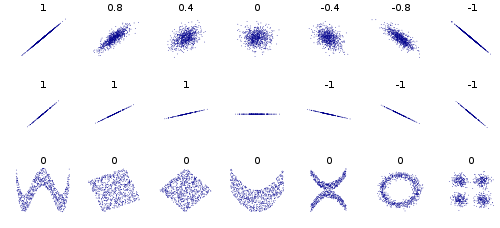A pet saying of many statisticians is "Correlation doesn't imply causation." This is certainly true, but one thing that DOES seem implied here is that correlation has little or no value. Is this true? Is it useless to have knowledge that two variables are correlated?
I can't imagine that is the case. I'm not horribly familiar with predictive analysis, but it seems that if X is a predictor of Y, it would be useful in predicting future values of Y based on X, regardless of causality.
Am I incorrect in seeing value in correlation? And if not, in what situations might a statistician or data scientist use correlation without causation?

Best Answer
Correlation (or any other measure of association) is useful for prediction regardless of causation. Suppose that you measure a clear, stable association between two variables. What this means is that knowing the level of one variable also provides you with some information about another variable of interest, which you can use to help predict one variable as a function of the other and, most importantly, take some action based on that prediction. Taking action involves changing one or more variables, such as when making an automated recommendation or employing some medical intervention. Of course, you could make better predictions and act more effectively if you had more insight into the direct or indirect relationships between two variables. This insight may involve other variables, including spatial and temporal ones.